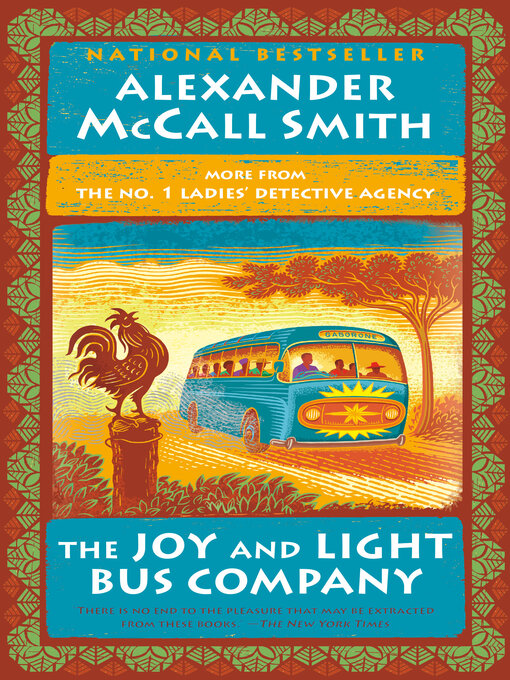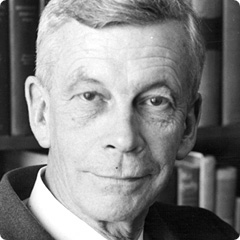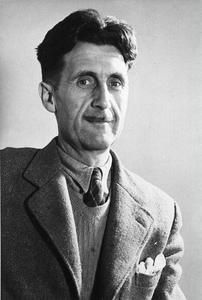Other year-end literary lists focus on the year's best. I favor other superlatives. This year I am adding a new category: most fun. And remember, these are just books I read this year, not those published this year.
Most Enchanting Book: Reading Leif Enger's Peace Like a River makes a person believe in miracles.
Most Important Book: Published a number of years ago, David McCullough's The Great Bridge, about the construction of the Brooklyn Bridge, still seems important for what it teaches us about how big ideas become reality.
Most Daunting Book: What I found daunting about Sy Montgomery's The Soul of the Octopus was the subject matter. Each of an octopus's eight tentacles has its own brain and its own personality. Staggering.
Wisest Book: Who would have suspected that a book about a famous madam could explain so much about what was going on in the United States between the wars? But Debby Applegate's Madam, about Polly Adler, does just that.
Most Familiar Book: The Funny Stuff is a collection of highlights from the work of P..J. O'Rourke. Even those excerpts I had not read before seemed familiar because of O'Rourke's distinctive wit.
Most Incomprehensible Book: In The Zoologist's Guide to the Galaxy, Arik Kershenbaum attempts to predict what creatures on other planets, if they exist, might look like. Huh?
Most Beautiful Book: William Kent Krueger's The River We Remember may be a mystery, but it is a beautifully written mystery.
Most Fearless Book: In The Power of Eight, Lynne McTaggert takes a scientific approach to prayer. A small group of people praying for the same thing at the same time brings amazing results, she says. What takes bravery is not so much writing the book or reading the book as acting on what it says.
Most Surprising Book: I didn't expect Elizabeth McKenzie's The Dog of the North to be as much fun as Charles Portis's The Dog of the South. But it is.
Most Unpleasant Book: I love Patrick deWitt's other novels, but Ablutions describes some of the very worst human behavior, and I found it disgusting.
Most Luminous Book: Olaf Olafsson's beautiful novel Touch tells of an Icelandic man who fell in love with a Japanese girl in his youth. Now retired and widowed, and in the midst of a pandemic, he flies to Japan to try to find her.
Most Fun Book: All of Richard Russo's Fool novels are fun to read, but Somebody's Fool, the last in the trilogy, puts the icing on the cake.







































